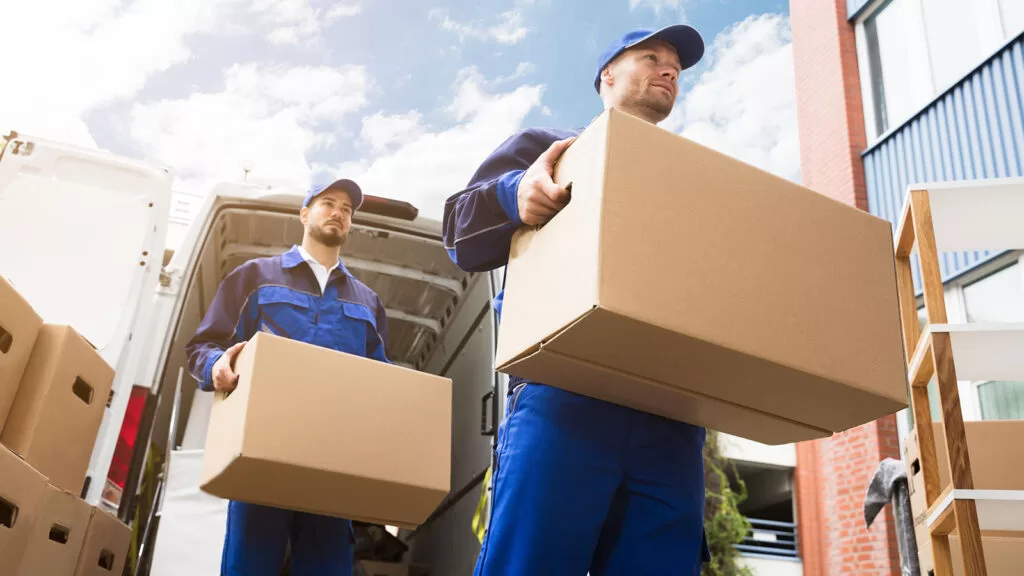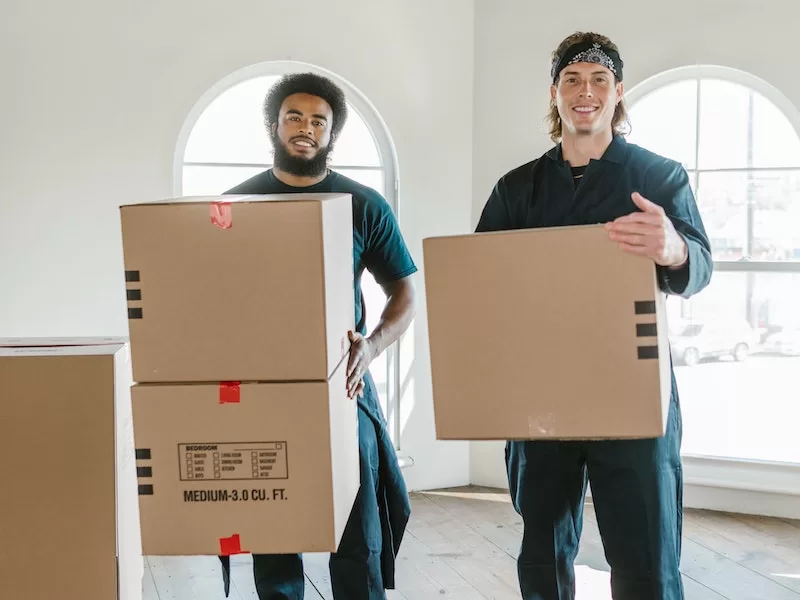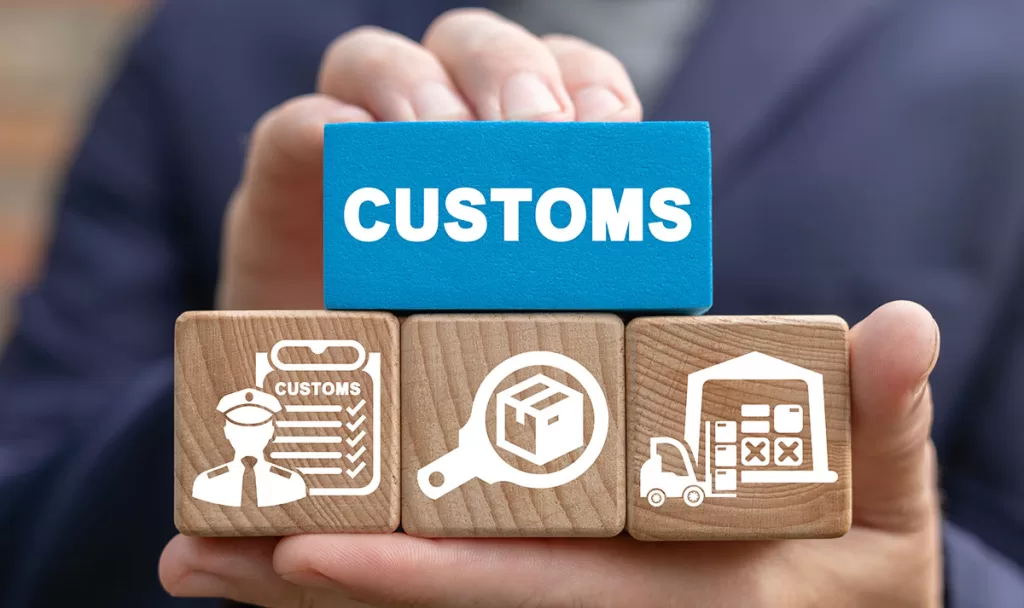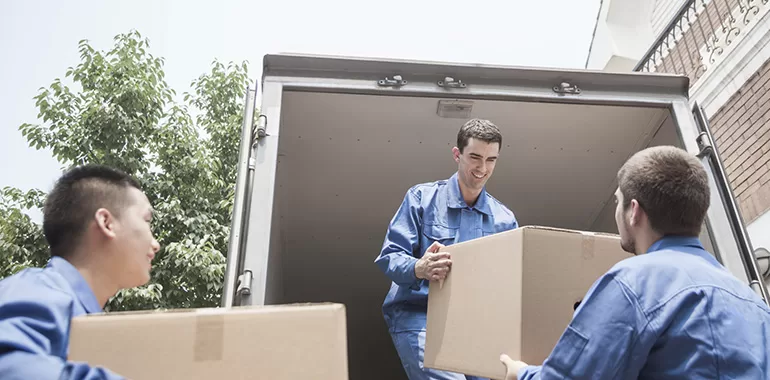Does international door-to-door delivery include customs clearance?
International shipping is a complex process that involves several steps. Many buyers and sellers prefer a simple solution. Consequently, straightforward door-to-door delivery services have become popular. However, a key concern for many customers is whether customs clearance is included with home delivery. Customs clearance is a complex process that many people prefer not to handle on their own. Whether customs clearance is included depends on the shipping agreement, the supplier, and the destination country. Let’s explore each of these options.
Understanding Door-to-Door Delivery
Door-to-door delivery means the carrier collects goods from the sender’s address and delivers them directly to the receiver’s location. Unlike port-to-port shipping, this method saves customers from multiple handovers. It eliminates the need for arranging separate inland transport. As a result, it offers convenience, speed, and peace of mind.
Yet, the scope of service may differ depending on the logistics company. Some companies emphasize fast transit but skip additional support. Others focus on complete supply chain solutions that handle every detail. Knowing these differences is key before committing to a door-to-door delivery service.
Customs Clearance Basics
Customs clearance is mandatory for all international shipments. It involves preparing documents, declaring goods, paying duties, and adhering to import and export regulations. Customs officers inspect shipments to confirm compliance. They may request invoices, packing lists, or certificates of origin.
Without proper clearance, goods cannot legally move across borders. Delays at customs often cost businesses time and money. This is why many shippers want to know if clearance is built into their door-to-door delivery package.
When Customs Clearance Is Included
Some logistics providers design door-to-door delivery as a complete service. They handle export clearance in the country of origin and import clearance in the destination country. This full-service approach reduces stress for both shippers and consignees.
Global express couriers such as DHL, FedEx, or UPS typically include customs clearance. They maintain in-house customs teams who process paperwork quickly. This helps avoid delays, especially when handling time-sensitive shipments. Businesses that prioritize convenience often prefer this option.
When Customs Clearance Is Excluded
Not all carriers include clearance. Smaller freight forwarders may only handle the physical transportation and final delivery. Customs procedures are left to the consignee. This can lead to additional steps, such as hiring a customs broker or preparing extra forms.
Exclusion often creates confusion, as shippers may assume clearance is included in the package, only to face unexpected charges at the destination. To avoid this, businesses should always ask in advance what their door-to-door delivery package covers.
How to Confirm Service Scope
The most reliable way to confirm is by reviewing the service contract. Reputable providers will outline precisely what is included. If the agreement only lists pickup, transport, and delivery, clearance may not be part of the service.
It is also helpful to request a written breakdown of duties, taxes, and any potential extra fees. By clarifying responsibilities before shipment, businesses reduce risk. Transparent agreements make door-to-door delivery more predictable and cost-effective.
The Role of Incoterms in Delivery
Incoterms are international trade rules that define responsibilities between buyers and sellers. Under DDP (Delivered Duty Paid), the seller covers all customs procedures and costs. This makes the shipment worry-free for the buyer. Under DAP (Delivered at Place), the buyer is responsible for managing import clearance.
These terms directly affect door-to-door delivery arrangements. Knowing whether you operate under DDP, DAP, or another rule ensures you understand who handles clearance. Misunderstanding Incoterms often leads to disputes, so clarification is critical.
Practical Examples in International Trade
Consider an e-commerce company in Germany shipping products to the United States. If they choose a courier like FedEx with a DDP (Delivered Duty Paid) agreement, customs clearance is entirely handled by the provider. The buyer in the U.S. receives the goods at their doorstep.
In contrast, a machinery exporter from China to South America might use a smaller freight forwarder under DAP terms. The consignee must hire a customs broker in the destination country. This adds extra steps and may delay delivery if the paperwork is incomplete. Both examples demonstrate why businesses must verify whether clearance is included in Their Door-to-Door service.
Customs and Door-to-Door Delivery
Does international door-to-door delivery include customs clearance and handling? The answer is: sometimes yes, sometimes no. It depends on the logistics provider, service package, and Incoterms used. To avoid surprises, businesses should verify details before shipping. A reliable partner will clarify responsibilities upfront, helping companies save time, reduce stress, and ensure compliance.


